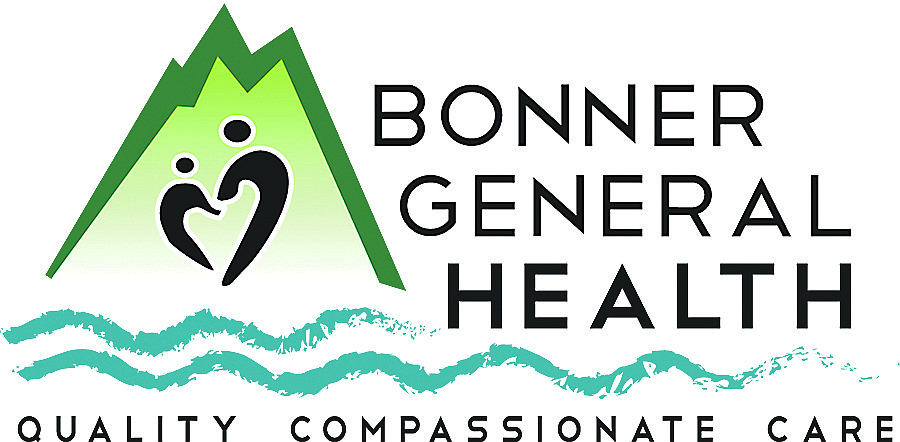Sexual abuse is a serious health threat in the U.S.
KATHY HUBBARD / Contributing Writer | Bonner County Daily Bee | UPDATED 9 months, 3 weeks AGO
“I thought because he was my boyfriend, I was at fault,” wrote a woman named Barbara on RAINN’s (Rape, Abuse & Incest National Network) website. “I looked up, and there was another boy standing there, too. They proceeded to take turns holding me down while the other raped me.” This abuse continued for over a year.
The Centers for Disease Control and Prevention says that sexual violence (sexual activity when consent is not obtained or freely given) is a serious health problem in the U.S. that profoundly impacts lifelong health, opportunity, and well-being.
“The perpetrator of sexual violence is usually someone the survivor knows, such as a friend, current or former intimate partner, coworker, neighbor, or family member,” the CDC says. And it’s common. “Over half of women and almost one in three men have experienced sexual violence involving physical contact during their lifetimes.”
The consequences are physical and psychological, and they may be chronic. Besides enduring bruising, genital injuries, sexually transmitted infections, pregnancy, depression, anxiety, and suicidal thoughts, survivors may suffer from post-traumatic stress disorder and experience re-occurring reproductive, gastrointestinal cardiovascular, and sexual health problems, according to the CDC.
Both RAINN and CDC’s websites have extensive information about sexual abuse, but I want to bring the information closer to home. I want to introduce you to Elizabeth Butler, RN, BSN, SANE-A, SANE P who is a nurse navigator at Bonner General Health.
What does SANE stand for? Sexual Abuse Nurse Examiner. The A is for adults and adolescents, the P is for pediatrics.
“I decided to become a certified SANE nurse because I love giving voice to survivors and feel so honored to navigate them through the process of taking their power back,” Butler said. “Holding both certifications allows me to provide specialized care for survivors of every age.”
I asked her if local statistics compare to national ones. “Unfortunately, sexual assault statistics may be mixed in with other crime stats, so I do not have accurate stats to share. I would say that I believe there are many more cases than we are aware of, that are not reported. Lack of reporting could be due to fear, intimidation, lack of information, etc.”
Butler told me that she collaborates with the emergency, women’s health, and behavioral health departments. “SANE nurses are trained to provide trauma-informed care for all survivors. We collaborate with all available resources to ensure our patients receive appropriate follow-up care.
“We respond to the ER for patients that have experienced sexual assault. We refer our female patients to Women’s Health for follow-up care, and we refer patients to Behavior Health if they are interested in receiving mental health care.”
The SANE nurses also can help a survivor find a primary care provider if they don’t already have one, and they can guide the survivor to local community resources that provide counseling services and support.
So, what should you do if you’re a victim? “If you are sexually assaulted you have options. The first step is making sure you are safe. This can mean calling 911, calling a family member or a friend, or finding a safe place to go. Then you should seek medical attention. When you arrive at the Emergency Room, you will be met by specialized staff that can walk you through the process of medical treatment, evidence collection, and follow-up care. We know that this can be a very emotional and overwhelming experience, so our goal is to minimize any further trauma. You are completely in control of your care, and we respect your right to accept or decline any part of the process,” Butler said.
I wish I had room to explain the details of how photos and DNA are obtained before the kit is turned over to law enforcement but believe me when I tell you that it’s all done in a respectful and professional manner. “When the exam is completed, we will talk about any questions the patient may have and provide them with a tracking number for their sexual assault kit.”
Discharge instructions include follow-up care, referrals, and information on the next steps in the legal process. What Butler wants us all to remember is that there is compassionate, non-judgmental, trauma-informed care available at BGH 24 hours a day.
Kathy Hubbard is a member of the Bonner General Health Foundation Advisory Council. She can be reached at kathyleehubbard@yahoo.com.


